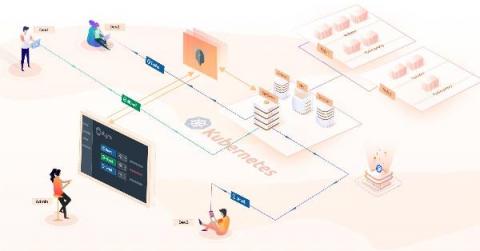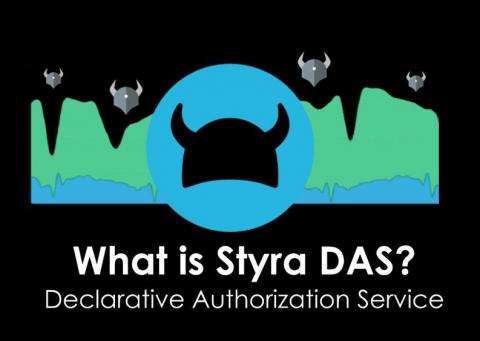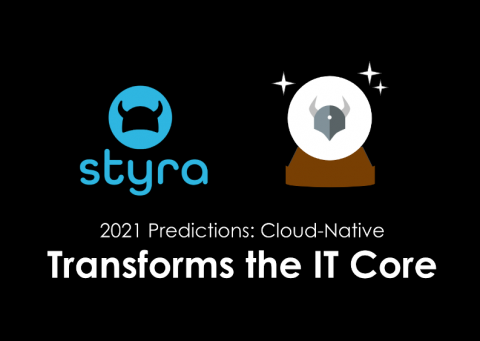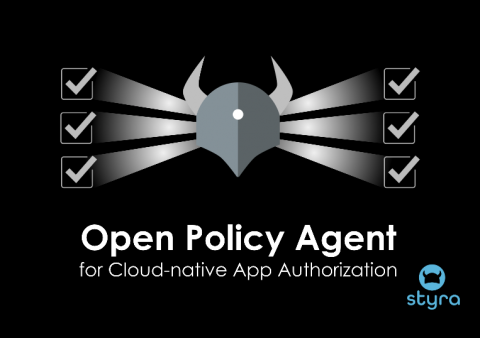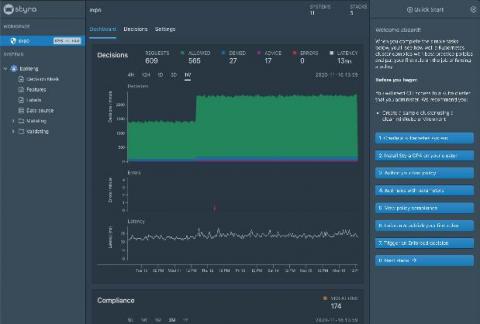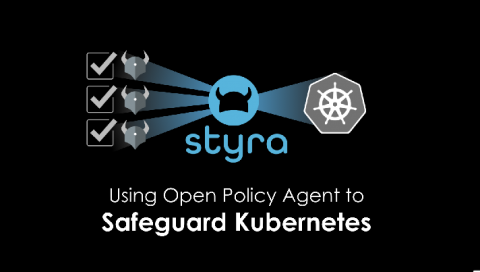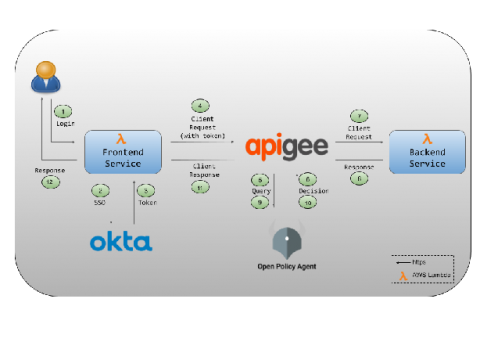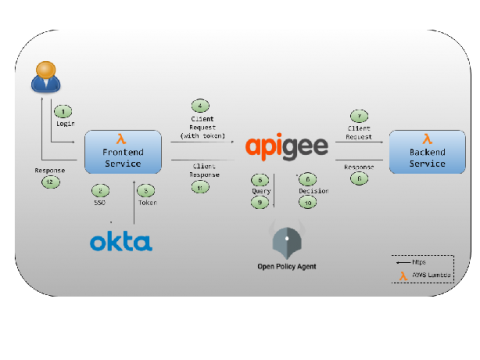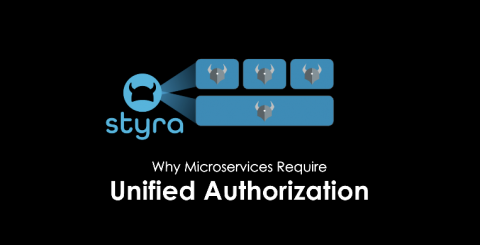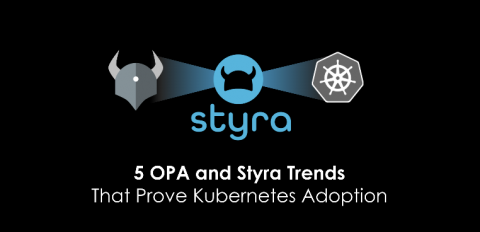OPA the Easy Way featuring Styra DAS!
If you have used Open Policy Agent (OPA), you must have used OPA Playground to write and test out your Rego policies. I always wished for a feature where the policies in the playground can be directly applied in OPA. Basically, a control plane which allows policy authoring and enforcement easily. In KubeCon NA 2020, Styra (creators of OPA) launched a free edition of their Declarative Authorisation Service (DAS).


